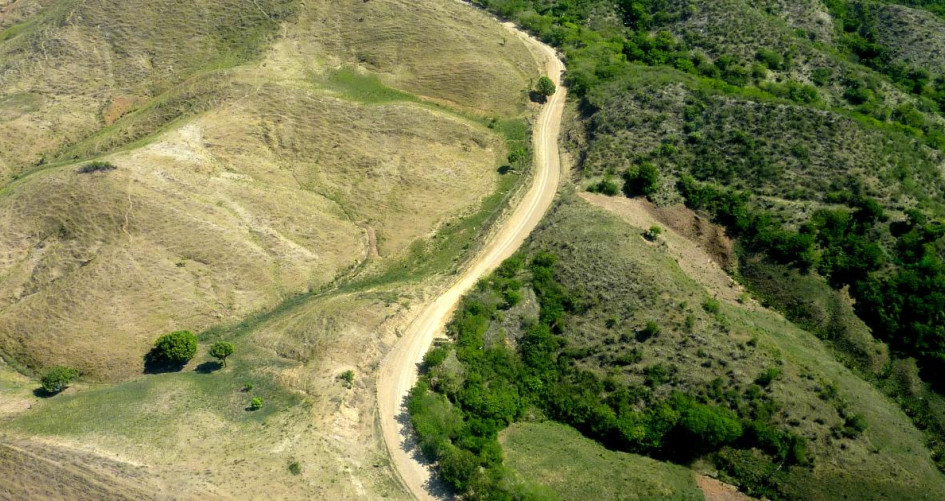SBSTA 38 continued its consideration of methodological guidance for activities relating to reducing emissions from deforestation and forest degradation and the role of conservation, sustainable management of forests and enhancement of forest carbon stocks in developing countries.
At this session, the SBSTA completed its work on several matters related to the work programme referred to in decision 1/CP.16, appendix II and to decision 12/CP.17, paragraph 5. It decided to recommend draft decisions on the following matters for adoption by the COP at its nineteenth session:
-
Modalities for national monitoring systems;
-
The timing and the frequency of presentations of the summary of information on how all the safeguards referred to in decision 1/CP.16, appendix I, are being addressed and respected;
-
Addressing the drivers of deforestation and forest degradation.
(Refer to FCCC/SBSTA/2013/3/Add.1 for the draft decisions)
Measuring, reporting and verifying
It continued its work on a draft text on modalities for measuring, reporting and verifying. As referred to in decision 1/CP.16, appendix II, paragraph (c), on the basis of the addendum to the SBSTA 37 report (FCCC/SBSTA/2012/5/Add.1), which contains elements for a possible draft decision on these matters. (Refer to FCCC/SBSTA/2013/3/Add.2)
Forest reference emission levels and/or forest reference levels
It initiated work on guidance for the technical assessment of the proposed forest reference emission levels and/or forest reference levels, as requested in decision 12/CP.17, paragraph 15. It considered a draft text containing elements for a possible draft decision on guidelines and procedures for the technical assessment of submissions from Parties on proposed forest reference emission levels and/or forest reference levels. (Refer to FCCC/SBSTA/2013/3/Add.2)
Safeguards
The SBSTA, in recalling the guidance in decision 12/CP.17, paragraph 2, encouraged developing country Parties to:
-
Continue building experiences and best practices as part of improving their systems for providing information on how all the safeguards were being addressed and respected;
-
Share these experiences and lessons learned with other Parties.
The SBSTA also encouraged developing country Parties and observer organizations to share, via the Web Platform on the UNFCCC website, their experiences and lessons learned from the development of systems for providing information on how all the safeguards are being addressed and respected and the challenges they face in developing such systems.
Drivers of deforestation and forest degradation
On addressing drivers of deforestation and forest degradation, the SBSTA:
-
Noted that actions to address drivers should also consider the guidance in decision 1/CP.16, appendix I;
-
Recognized the importance of cross-sector coordination in the context of the development of national strategies or action plans;
-
Recognized that international cooperation can contribute to addressing drivers.
Non-market-based approaches
The SBSTA noted that non-market-based approaches, such as joint mitigation and adaptation approaches for the integral and sustainable management of forests, as referred to in decision 2/CP.17, paragraph 67, are important to support the implementation of the activities referred to in decision 1/CP.16, paragraph 70.
The SBSTA further noted the need for clarity on types of non-market-based approaches related to the implementation of the activities referred to in decision 1/CP.16, paragraph 70, and whether further methodological work could be needed.
Non-carbon benefits
On non-carbon benefits, the SBSTA agreed that:
-
It is important to take into account these benefits when implementing the activities referred to in decision 1/CP.16, paragraph 70;
-
Clarity is needed on the types of such benefits and associated methodological issues.
It also took note of on-going work on non-carbon benefits under other international organizations and conventions.

